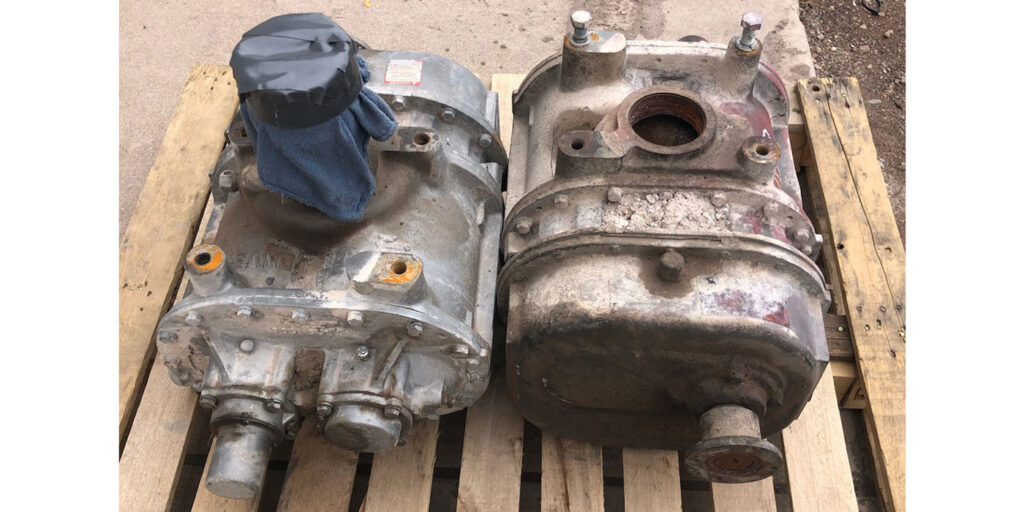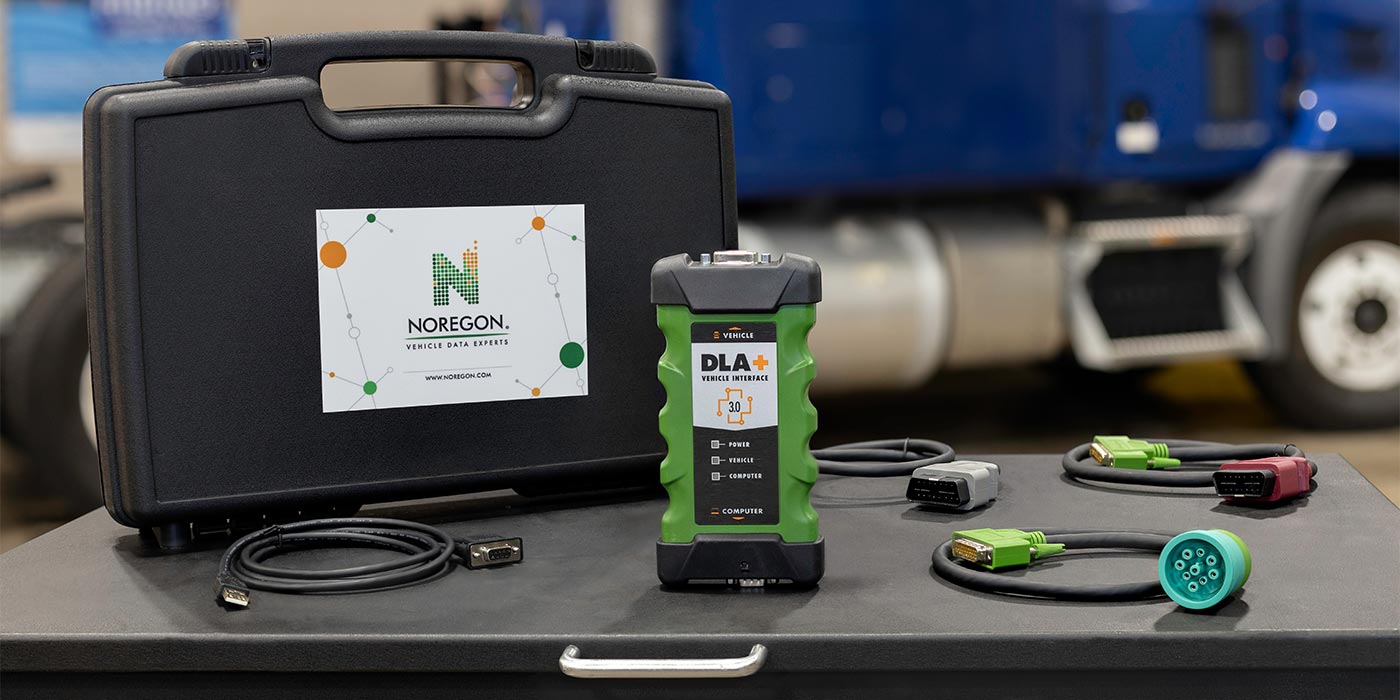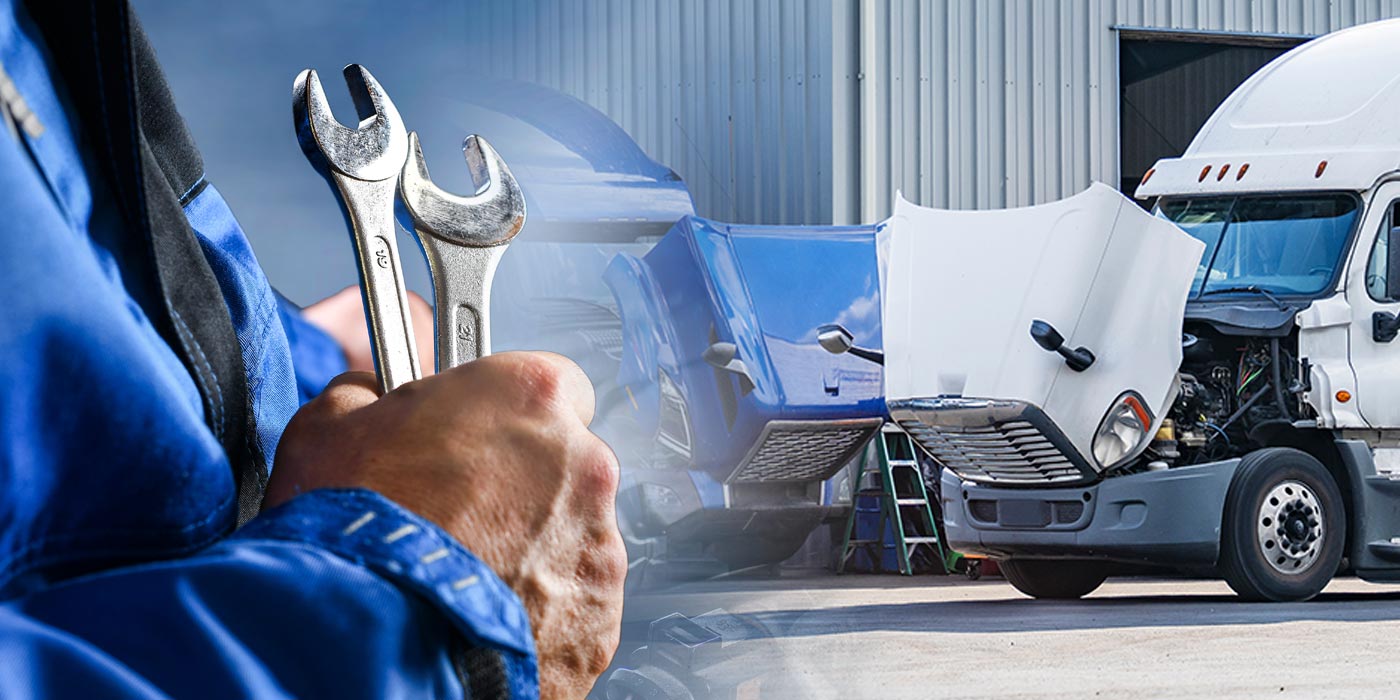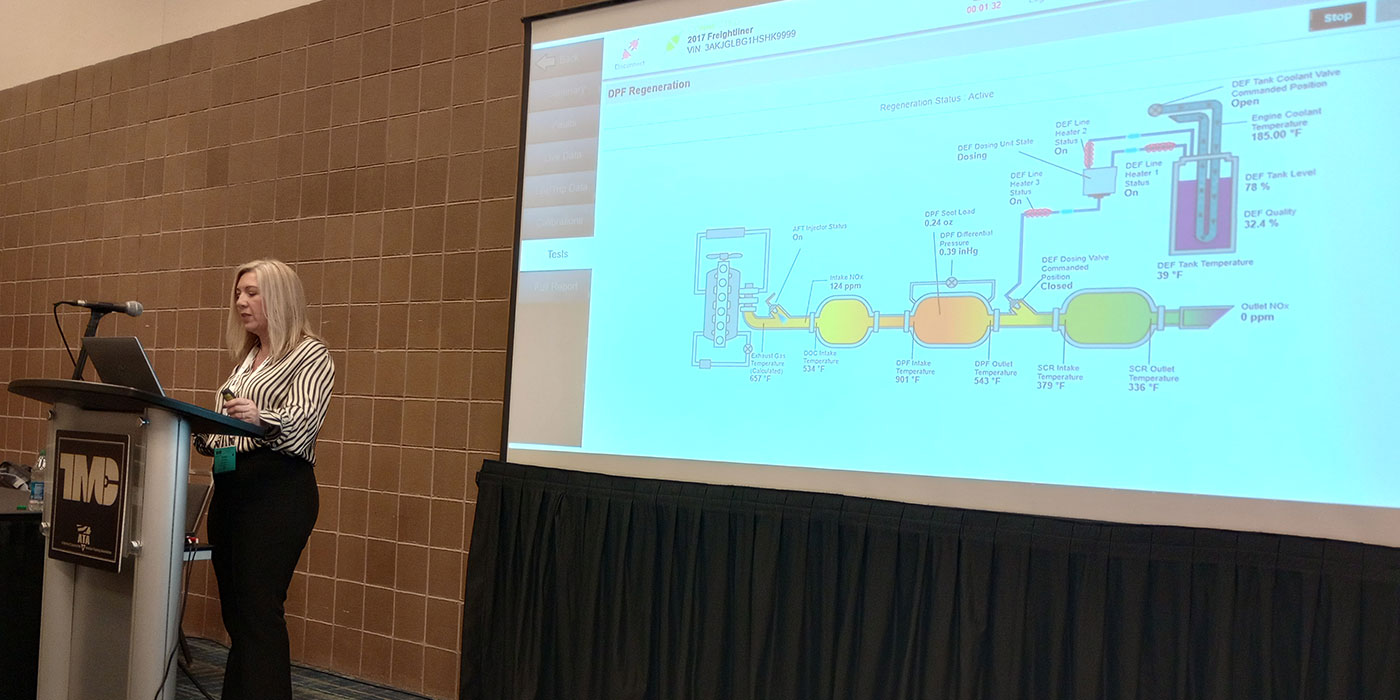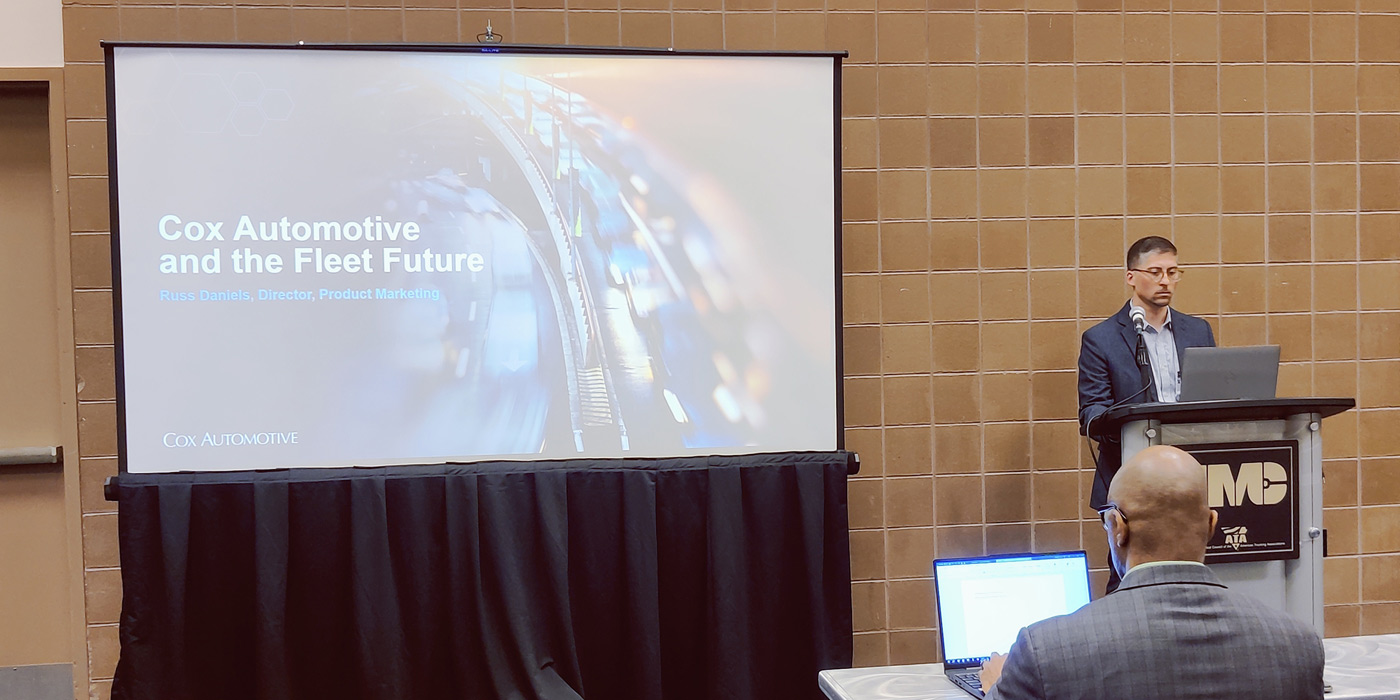I have been involved with a couple of bulk fleets that use blowers to unload their products. Upon visiting the two fleets I was amazed at the volume of expensive blowers just laying around. Many of them were just sitting on the ground and on pallets, and what disturbed me the most was they were not covered up and the intake and exhaust were not sealed from the environment (as seen in the above photo).
These units, when new, cost around $7,500 and have a core value of about half that. Blowers are normally rebuilt and replace units that have failed. Most units have a long life unless improperly operated, over-revved or the product backs up into the blower from failed check values.
Case one
As I toured the facilities with the director of maintenance of the first fleet, the question in the beginning was, “what do we do with blowers when they are removed from a vehicle?” The standard answer was “we save them for a core and send them to be rebuilt if we need one.” I asked him how often they use one and he said he was not sure. He does have 12 shops and 500 trucks. I was quite surprised and he saw the look on my face and then said he thinks it is about one per month. Now, one per month is not that bad and seamed reasonable. I then asked how many failed from oil bearing failures, he said hardly any.
So, I asked him why so many cores or failed units? (At that time, I had counted 25 blowers around four shops. If I take the average there could be another 35 units cores or a total of 60 units.) He said that when they dispose of an old truck, they remove the blower and keep it.
They replace about 50 trucks per year. I asked, “why not have them rebuilt if needed or use the good ones on the replacement vehicles?”
Here is the answer: Accounting said they wanted new blowers installed on the new trucks. Why? They said we cannot depreciate the old blowers, so buy new.
The owner has been unaware of this practice, and certainly there are accounting practices of a new vehicle in servicing and a rebuilt blower can be depreciated. Even if that was his final decision—which I confirmed it was not—the core should have been sold, or at a minimum, covered and tagged for future failures, of one a month average. But with 50 new trucks a year, you will never catch up unless improperly operated. Could this be contributing to high costs?
Case two
I later came across a very similar case with another fleet, but with only 30 blowers in two of 12 facilities. Their story is somewhat the same: new trucks get new blowers installed at the factory’s mode center, they also want to depreciate and finance the new installation on the new trucks. But no one is doing anything with the old blowers, though they are considering a rebuild program. Cores and good take-offs are all over the place as they also remove blowers from the trade trucks as not to put anyone in the business for short money for a used truck equipped with a blower. Lower cost means cheaper rates; shippers jump all over cheaper rates. Was this a finance department decision again?
Both of these companies have engaged me because their costs are too high, and both companies tell me that the maintenance department is not controlling costs and question the leadership’s control. Both of these companies have very powerful fleet maintenance software and are not tracking blowers. Both of these companies are allowing the accounting department to highly influence decisions, and both company owners and CEOs do not know this is going on. Both finance departments tell me costs are too high. Both directors of maintenance shrug their shoulders, and both fleets have out of control maintenance basics. Both companies’ owners want data, data, data. Cost projections, budgets, forecasting, benchmarking. Just look around, it is in front of your eyes if anyone is looking.
Maintenance management is not a democracy; leadership sometimes has to take a stand. But since it is hard to get the finance department to agree, maintenance gives up and becomes complacent, until a guy like me shows up. The fleet needs support and a driven change of direction, and together a change will be made.
For more fleet insight from Darry Stuart, click here to read his full archive of columns.

